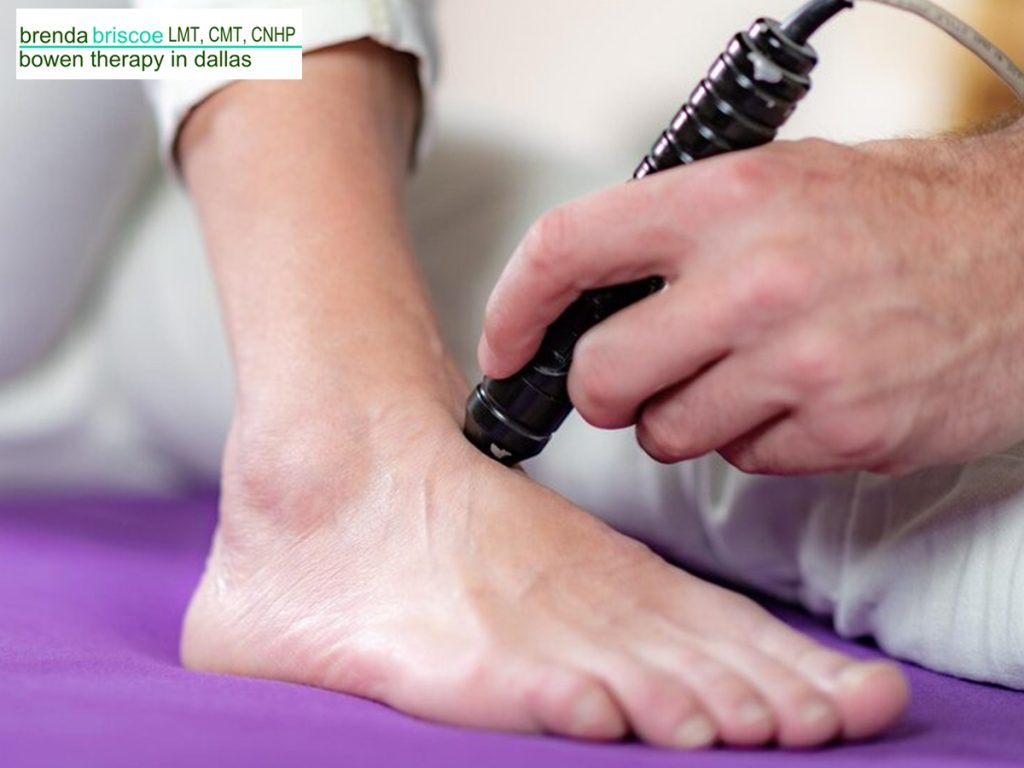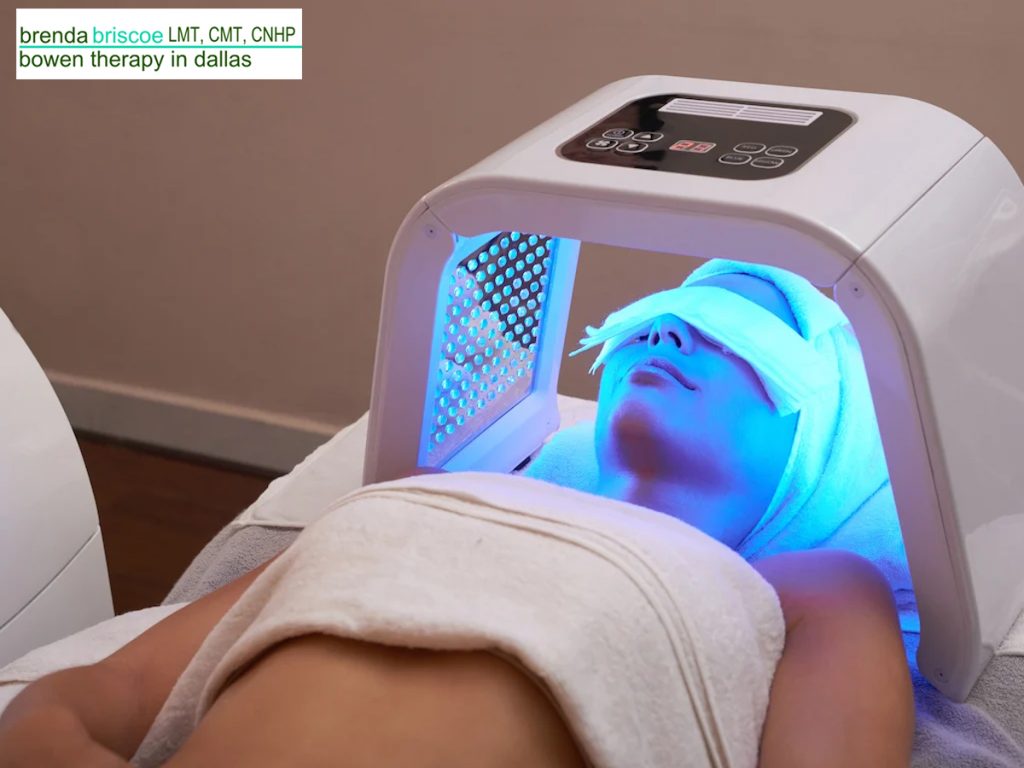Plantar fasciitis is a painful and hard-to-treat condition that thickens the connective tissue running from the heel bone to the toes. It is commonly found among runners, those requiring long-standing hours at work, and individuals exhibiting improper foot mechanics. Conventional treatment options such as rest and orthotics along with anti-inflammatory drugs would be temporary relief measures for many; the recurrence of pains or an extended period of lingering would be faced by others.
This has caused some alternative and holistic treatments aiming to deal with the origin of the pain rather than its symptoms to be getting more attention. One such therapy earning a great deal of notice nowadays is Bowen therapy, a gentle, minimally invasive method using the body’s processes to heal itself. As people look for options to safely and effectively treat plantar fasciitis without drugs or surgical intervention, Bowen Therapy looks to become one of those options.
In this blog, we will explore Bowen therapy for plantar fasciitis as a powerful option for those seeking natural relief.

What Is Bowen Therapy?
Bowen Therapy works on the principle of light strokes and gentle movements used to stimulate one’s natural healing epistemology, unlike deep tissue massage or chiropractic adjustments. It was developed in the 1950s by an Australian practitioner, Tom Bowen. The philosophy states that a body should be able to heal itself if it is given the proper signals instead of applying intense pressure or violent manipulations.
Bowen Therapy rarely applies any big force against the body; it rather stimulates the nervous system and fascia, the connective tissue supporting muscles and organs. During treatment, the operator gently rolls over certain muscles, tendons, and fascia, following particular sequences. Pauses are allowed in between sets to give the body time to respond and support the healing process.
How Bowen Therapy Treats Plantar Fasciitis?
Bowen therapy employs different methods that can effectively remedy muscle imbalances and restrictions in the fascia, along with the nerve pathways connected with plantar fasciitis.
1. Relaxing the Calf and Foot Muscles
When the calf muscles get tight, they work to increase inflammation by pulling on the plantar fascia. Bowen therapy tries to calm the calf muscles and reduce the tension on the plantar fascia.
2. Promotes Blood Circulation and Lymphatic Drainage
The smooth, light movements aid in promoting circulation around the heel and arch for tissue repair and going down of the swelling.
3. Anti-Inflammatory Effects Naturally
Unlike drugs, the therapy induces the anti-inflammatory process in the body without causing adverse side effects.
4. Realigns Posture of the Body
Poor posture and walking patterns contribute to the worsening of plantar fasciitis. Bowen Therapy attempts to assist in balancing muscular and skeletal imbalance for better walking patterns that decrease stress on the feet.
Advantages of Bowen Therapy
Bowen Therapy offers various advantages, making it one of the best long-term treatment courses for plantar fasciitis.
1. Safe for All Ages Consider
Bowen is safe for children, for the elderly, and even for those with sensitive medical conditions, such an adaptable procedure.
2. Holistic Approach
Instead of focusing only on the foot, the Bowen therapy works on the whole body, making a difference for the entire well-being.
3. Few Side Effects That Can Occur
Provided that it is non-aggressive, It usually does not produce soreness or any other sort of discomfort after a session, much like LED light therapy treatment. It is also known for its gentle and soothing approach.

What to Expect From the Session
Bowen Therapy is designed to be a calming experience with intent and tuned into the needs of your body. Each session differs from the last, depending upon the condition and reaction of the person.
1. Initial Consultation and Assessment
Your health history is reviewed, and the areas of tension or misalignment, especially in the legs, hips, and feet, will be assessed by the practitioner.
2. Gentle, Targeted Movements
While lying comfortably, the practitioner will use his light touch to move rolling movements over selected muscles. There will be no need to undress, however, it is preferable to wear loose-fitting clothes.
3. Intentional Pauses
Between each set of movements, the practitioner will stop and wait for your nervous system to respond. These pauses are rightly termed active ingredients of the therapy.
4. Length of Sessions
Generally, a treatment runs from 30 to 60 minutes. For most people, the treatments are immensely rejuvenating, whether it is Bowen therapy for sciatica or another ailment.
Wrapping It Up
Plantar fasciitis is one such condition that can bring about debilitating pain; relief does not always have to come from aggressive treatments or medications. In recent times, Bowen therapy for Plantar Fasciitis has come to be recognized as a gentle way of healing that affects treatment holistically, working not merely on the symptoms but on the causative factors of foot pain. By improving circulation and relieving muscular tension, Bowen Therapy supports the body’s natural ability to heal from plantar fasciitis. It is in these ways that Bowen Therapy works so that the body can heal itself naturally and indefinitely. If you are facing plantar fasciitis and would prefer a drug-free and non-invasive approach toward healing, then this may be the perfect moment to experience Bowen Therapy.
In Dallas, Bowen Therapy is generating attention as a possible procedure for plantar fasciitis, giving city dwellers one more option for natural and noninvasive pain relief. Because of its gentle nature and capacity to encourage the body’s natural healing ability, more people are attempting to reap the benefits of this new therapy. A consultation with a certified Bowen Therapist in Dallas is beneficial when suffering from plantar fasciitis, as it will constitute the initial step toward having pain-free feet.
